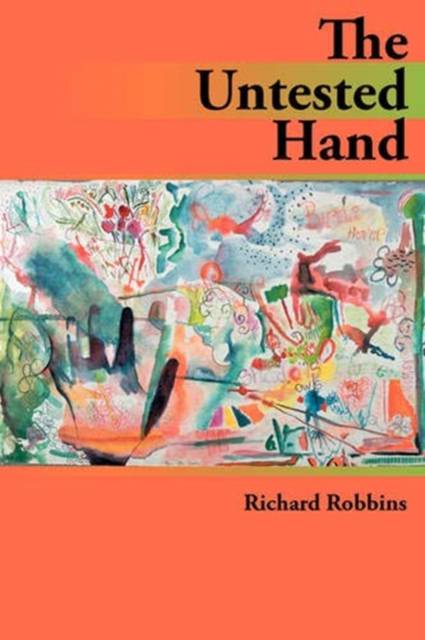
- Retrait gratuit dans votre magasin Club
- 7.000.000 titres dans notre catalogue
- Payer en toute sécurité
- Toujours un magasin près de chez vous
- Retrait gratuit dans votre magasin Club
- 7.000.0000 titres dans notre catalogue
- Payer en toute sécurité
- Toujours un magasin près de chez vous
Description
Richard Robbins' The Untested Hand is the kind of book in which birds at a window feeder are seen as "changing all the indoor lives to sky." That is to say, this collection of poems investigates, celebrates, and practices transformation, particularly that of the quotidian into the marvelous, as if any day were the first. In "The Answering Machine," for example, the eponymous device, which a lesser poet would treat with smug jokiness, here serves to carry an astonishing weight of pathos, a poetic achievement compounded by expressiveness simultaneously naked and eloquent. In fact, the language throughout the book is consistently arresting, never glib; Robbins seems incapable of a vulgar gesture. When he says of a cliff wall painted by aboriginals, "the paint made our blood move again," he could be speaking of the effects of his own poems. Indeed, his work, which ranges widely through time and space, resonates with heroic landscapes and those who have peopled them: the American West figures here as both literal place and myth. Such scale tests a writer, and Robbins matches it with a compelling voice at times seemingly less personal than prophetic, that of one who holds together Blakean contraries--those "indoor lives" both disappearing and expanding--by the sheer strength of his vision, which includes the apocalyptic. As a serious poet, Robbins also tests his readers, challenging them to learn, through his poems, a "way of walking, / flying, and drowning all at once."--Philip Dacey, author of The New York Postcard Sonnets: A Midwesterner Moves to Manhattan
Spécifications
Parties prenantes
- Auteur(s) :
- Editeur:
Contenu
- Nombre de pages :
- 72
- Langue:
- Anglais
Caractéristiques
- EAN:
- 9780979393471
- Date de parution :
- 01-03-08
- Format:
- Livre broché
- Format numérique:
- Trade paperback (VS)
- Dimensions :
- 152 mm x 229 mm
- Poids :
- 117 g

Les avis
Nous publions uniquement les avis qui respectent les conditions requises. Consultez nos conditions pour les avis.






